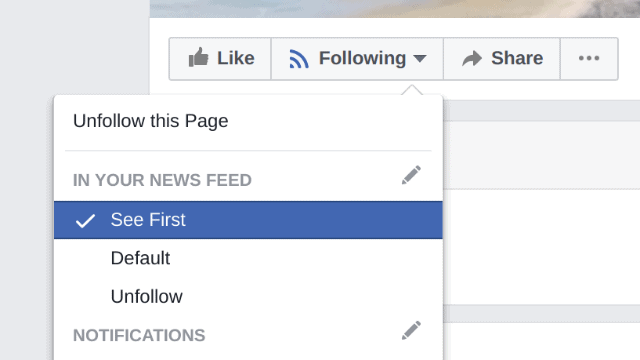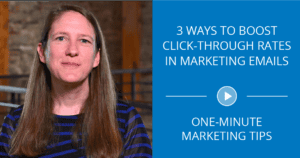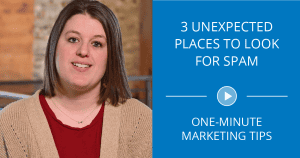Here’s how the latest Facebook changes will affect your brand pages
The new Facebook algorithm update has been a popular conversation for social media marketers and page admins across the globe. We recently conducted a Facebook LIVE® session to talk about some of the basic factors about this update and how these Facebook changes may affect our marketing strategies.
First, thank you to everyone who joined us live and watched our video on a playback. As promised, we wanted to write this blog to help tie up any loose ends and answer any lingering questions following our session.
If you haven’t seen the video, STOP, and watch it here now!
Before we get into your questions, let’s do a quick recap:
What is changing?
In a nutshell, Facebook wants to ensure that every user has an individualized feed based on content that is meaningful to them. Facebook wants to help people have conversations that help build relationships between people. It really is about having a social life in a digital space. Plus, it has been shown that when we interact on social with people we know, it makes us feel connected and less lonely. But, when we mindlessly scroll, it can make us feel worse.
The new Facebook algorithm will bring more meaningful posts to every feed. Facebook has said this new algorithm will be giving more weight to the number and length of comments and will adjust what followers see accordingly. So, long comments with followers talking to each other are good, while short one-word or GIF comments will not hold as much weight.
How will this affect your social strategy?
The truth is, these Facebook changes will affect every brand page differently, based on varying strategies. If your brand has been engaging with followers and building a community-like feel to your page, chances are this update will not negatively impact your numbers. However, brands that have yielded large numbers with certain types of content, such as posts with ‘like/comment/share to win our product,’ or ‘leave your comment in a GIF below,’ will not keep seeing as high of a reach. This type of content, often called engagement bait, simply does not drive back and forth conversations. Instead, it requires a simple passive comment or action, and people move on.
What can you do right now to prepare?
Don’t start changing everything right away. Watch your numbers to help determine the types of content that are seeing better numbers. Let your analytics tell you where the changes need to happen. In the meantime, brainstorm how you can better ‘share the love’ and connect with your audience. How can your brand page be your brand’s mascot? Or cheerleader? How can your followers start talking to each other more? The goal with social media is to create a place for social interactions that build trust. The nature of Facebook marketing is no different. Pretend you are having a coffee table discussion with your followers, versus an act with your brand on the stage.
Also, if you’re not taking advantage of it already, now’s the time to begin using Facebook LIVE videos. These live videos are a great way to begin a conversation with followers and encourage them to talk to one another.
Now that we’re all caught up, let’s revisit some of the questions on the Facebook changes that have come our way in the last week.
Should we still post organic content?
You may notice fewer organic posts from certain profiles, pages and groups in your feed, but that doesn’t mean those posts will be gone forever. They are still important for both search engine optimization and to build presence as a brand. Encourage your followers to use the ‘See First’ option, so they still see your content in their feeds. (Facebook has actually recommended this.)

Keep in mind content that does not inspire back and forth conversations among followers will start to appear less in your news feed.
Will ads become more expensive?
Like any product or service, with increased popularity, comes increased cost. Eventually as more people start paying for their content to be seen, the cost per click will likely increase, too. Plus, Facebook expects this change will result in less time spent on the social channel, meaning less opportunity to view ads, most likely resulting in pricier advertisements.
Should we move our content to groups?
Groups can be very engaging, especially when we consider the back and forth conversations that Facebook is hoping to increase. For some brands, groups can be a great way to give your audience a community to share their stories. Think of a business that makes newborn baby clothing. It may have an entire community of parents out there that are connected because the brand shared the love by building a community around its follower’s commonalities. So, groups may work for some brands, but there will still be a need to have a brand page for the business.
Any other questions?
Whew! We know there is a lot to take in with the new Facebook algorithm. As always, we are happy to answer your questions and calm your concerns. So please don’t hesitate to reach out if you have any further questions. We’d love to chat!



